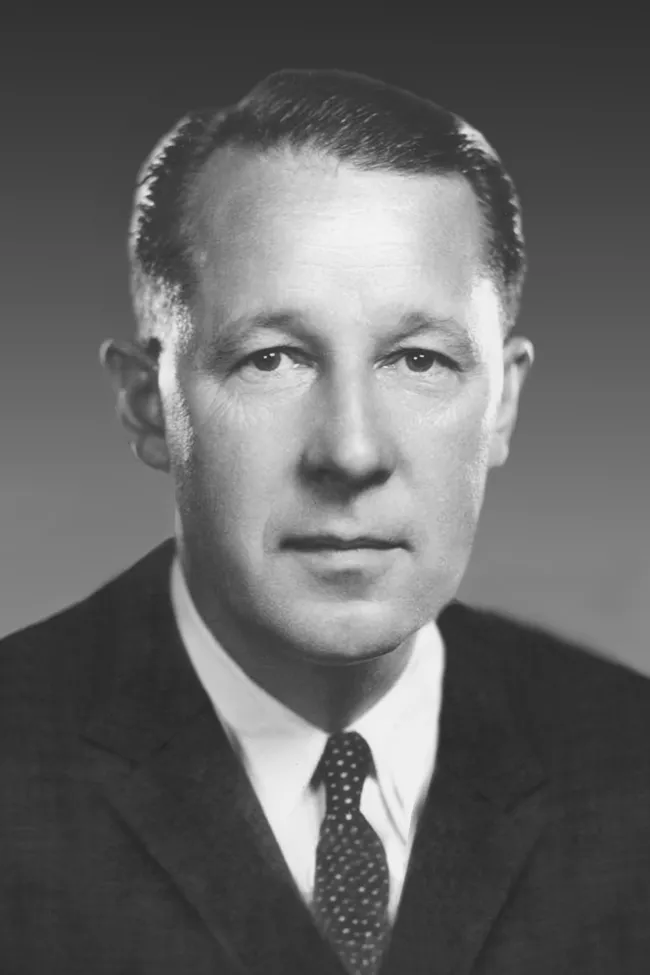- Downloads:
- Anything Thats Peaceful The Case for the Free Market_2.pdf
- Anything Thats Peaceful The Case for the Free Market_2.epub
Leonard Read was a great spokesman for liberty, and an excellent teacher in the second half of the 20th century. Everyone agrees that this is his most inspired collection. It includes the essay later called “I, Pencil,” which is a masterful description of the workings of the division of labor. His constant theme was that it takes human cooperation across the globe under conditions of liberty to produce even the most seemingly simple object. We dare not take it for granted.
It was Read’s lifetime conviction that we all overestimate the efficacy of the state and underestimate the powerful and productive force of private enterprise. He understood the unpredictably magnificent effects that result from letting people trade, create, and cooperate within the free-market order. It is this which forms the basis of civilization. His rule was that society should permit “anything that’s peaceful.” The costs associated with stopping peaceful activity always and everywhere outweigh the benefits.
His lesson here might be considered the very core of the old idea of liberalism, namely, that society can manage itself in an orderly and productive way, and needs no outside intervention to improve its shape and direction. Would that this lesson were pervasive in our day! Leonard Reed needs to be re-read and his teaching re-absorbed in every generation.
We’ve published this book in the hopes of bringing that about.

No content found

Leonard E. Read was the founder of the Foundation for Economic Education — the first modern libertarian think tank in the United States — and was largely responsible for the revival of the liberal tradition in post–World War II America.
This classic article by Leonard Read illustrates how completely dependent the world is on the division of labor.
The Foundation for Economic Education, New York, 1964

